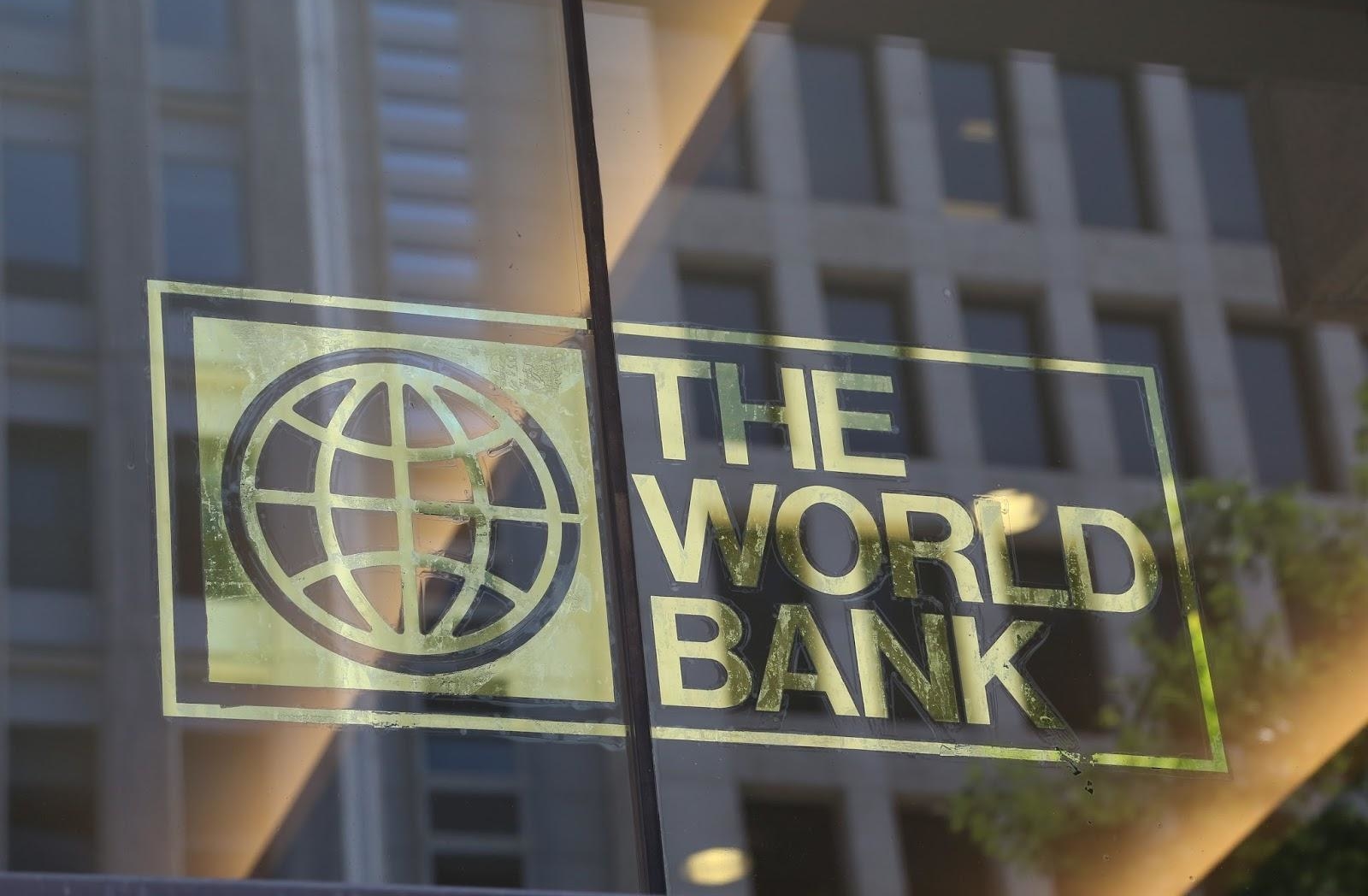Malé, Maldives – A recently released report by the World Bank has revealed that although Maldives is not at immediate risk of a crisis, the country needs to raise revenues and implement several expenditure and debt reforms to avoid one in the future.
The report titled “Maldives Public Expenditure Review: Charting a More Resilient and Prosperous Future” published on September 9, 2022, additionally highlighted that even though Maldives’ growth prospects are positive, the COVID-19 pandemic has illustrated how vulnerable the economy is to external shocks, and identified options to contain the growth of public spending and debt, and to ensure that public money is spent more efficiently and effectively, and fiscal buffers are rebuilt.
Maldives’ economy has rebounded strongly from the COVID-19 pandemic, which led to a historic 34 percent decline in GDP in 2020. Maldives leveraged its “one island, one resort” model, diversified its tourism markets, and rapidly vaccinated its population to attract tourists back to its shores. Despite the challenges posed by the war in Ukraine, including higher inflation and fewer tourists from the region, growth prospects remain positive.
Maldives Public Expenditure Review (World Bank), 2022
Addressing the multiple fiscal and external imbalances that persist in the Maldivian economy despite the strong rebound from Covid-19, it was said that if left unaddressed, these imbalances could lead to a crisis. “Even before the pandemic, the government was spending beyond its means,” the report reads.
Although Maldives collected revenues comparable to its peers, the revenue-to-GDP ratio had begun to stagnate and was heavily reliant on tourism. Meanwhile, between 2014 and 2019, annual growth in public spending was nearly double the average growth in real GDP. As a result, Maldives ran much larger budget deficits than even its small island counterparts. To sustain this, the country borrowed heavily, leading debt to reach US$6.1 billion or an estimated 125 percent of GDP by the end of 2021.
Maldives Public Expenditure Review (World Bank), 2022
Public infrastructure, including housing and health were highlightedi n the report as the biggest drivers in the growth of spending and debt. However, the report said, spending more has not helped Maldives meet its developmental goals. “Despite heavy state subsidies and guarantees for large-scale housing projects, housing is still unaffordable for most Maldivians, leading multiple families to live together and hence to overcrowding,” the report highlighted.
Ahmed Arshad, a desk clerk, has lived with his wife and daughter in 19 different apartments since he got married 30 years ago. With each move, his family’s quality of life has worsened. He started out with a salary of MVR 100 (about US$6.50) per month, 30 years ago. He now receives MVR 8,500 (US$552), but this is barely enough to cover his rent – even though he lives in subsidized public housing. Residents of the capital Malé like Arshad describe their housing situation as being nothing short of dire. Problems such as exorbitant rental prices, poor housing quality and overcrowding persist. These issues were highlighted in the Maldives Public Expenditure Review (PER), which assesses the quality of government spending in selected areas such as public housing, state-owned enterprises, public wages and pensions.
Maldives Public Expenditure Review (World Bank), 2022
Emphasising that the public sector wages which currently account for about a third of the Maldives’ budget will only increase with the implementation of the minimum wage and new public service pay framework, the report stressed on the importance for Maldives to collect more revenues, especially from domestic sources, to fund ints large spending needs without further increase in the debt burden.
“This can be done by reducing the Personal Income Tax threshold, which is currently too high to be a meaningful source of revenue; abstaining from introducing new tax incentives; gradually raising both the General and Tourism GST rates; and extending GST to digital services and offshore booking accounts, among other tax and non-tax revenue measures,” World Bank suggested.
The government’s proposed measures to increase revenues, including by raising General and Tourism GST rates, are timely in this regard. To be effective, greater transparency and accountability over why additional resources are needed and what they will be used for are needed.
Pui Shen Yoong, Lead author of the PER
The report also recommends that the government enact a series of reforms to make spending on health, housing, public-sector wages and pensions less of a fiscal burden. These include enacting the proposed reform on maximum retail prices for drugs reimbursed by the Aasandha health insurance scheme, better targeting of public housing support to the neediest groups, setting a wage bill target as a share of government revenues, strengthening incentives to contribute to the pensions scheme, and eliminating ‘double pensions’ for select groups of civil servants.
Other cross-cutting recommendations include strengthening the management of public debt and guarantees to reduce fiscal risks, especially from state-owned enterprises, improving the legal and institutional framework to attract more private sector investment, and improving data collection, especially related to housing and land policies, to better monitor and evaluate whether public money is being spent efficiently and effectively.
The PER’s proposed reforms on housing, SOEs, wages, and pensions aim to not only contain spending growth and fiscal risks in these areas, but also to make spending more targeted towards those who truly need government support. These reforms also need to be accompanied by strong institutional controls to ensure effective delivery.
Richard Walker, Senior Economist for Maldives and Sri Lanka
Source: World Bank





